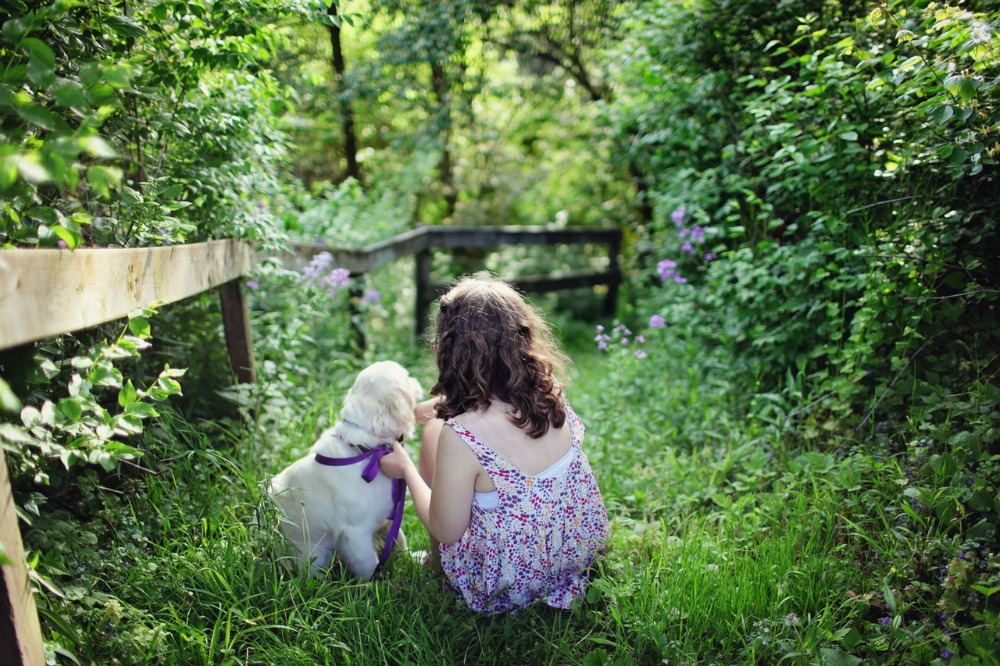It’s perfectly natural that we want to protect our children from some of the harsher realities of life, particularly when it comes to anything to do with failure, rejection or getting their heart broken. The need to protect our children is, of course, an almost primal one, so deeply ingrained in parents it might as well be in our DNA.
But if this impulse isn’t checked every now and again, it can lead to our children being smothered and overprotected from the adversities which they will have to tackle in adult life, whether parents like it or not. Understanding and dealing with rejection is an essential life skill if your child is to live a happy, successful personal and professional life. It can be a fine line between introducing them to the adversities of adult life, versus unnecessarily dampening or crushing their hopes and dreams. Realism needs to go hand in hand with compassion if your child’s mental health is to be protected.
So, with this in mind, here are five useful strategies for preparing your child for rejection.
Strategy 1: Tie your child’s self-worth to their character, not their achievements
One of the most important things you can do for your child is to ensure that their sense of self-worth is not tied to their achievements, be that the number of trophies won for a particular sport, or their grades at the end of a school term. This is especially true if your child starts getting involved in a high-pressure, high skill activity from a young age. Whether it’s playing a musical instrument, ballet, or a team sport, you need to ensure your child’s success is tied to their efforts, their character, their morals and, when it comes to competitive activities, a sense of fair play.
This will stop your child from buying into a winner’s culture, which is much better for their sense of self-esteem, and stop them being cowed by failure.
Strategy 2: Empathise with their failure
One of the best things you can do is empathise with your child’s sense of failure; don’t attempt to belittle it, or dismiss it. Failure can feel very raw in the immediate aftermath, especially if your child has put a lot of effort into a particular endeavour. Telling them to “move on,” or “get over it”, will not ultimately help them. Of course they need to move on from the setback eventually, but in the mean-time, they will benefit greatly from knowing that you, their parent and role model, knows exactly how they feel and can relate to their current emotional state. After all, you were young once too.
Strategy 3: Make failing a part of the learning process
This is a vital strategy if you’re going to instil a positive attitude to rejection in your son and daughter. It’s important that failure is understood to be a key component of our learning process, and not the end of a particular process or journey. It’s important that your son and daughter understands that failure does not mean that they are intrinsically bad at something, but rather a step on the road to further improvement.
This means that you should be teaching your child that failure is totally acceptable and normal; it’s also vital that they are equipped with strategies for analysing failure and then working out how they can learn from it.
Strategy 4: Encourage them to take ownership of their failures
Taking accountability for failure is one of the most important skills your son or daughter will need in the world of work. Trying to off-load responsibility for your short-comings onto someone else isn’t likely to win them many friends in their personal and professional lives. Taking ownership of a failure is intrinsic to learning from it and means that responsibility becomes a core strategy in coping with rejection.
Strategy 5: Be objective
This might sound like utterly nonsensical advice, especially because you are a parent – and being objective about your own son or daughter is very difficult. But learning to take a step back and allowing your child to fail on their own terms is essential for their personal and professional development. They won’t thank you for interfering in their lives when their older.
The four strategies above will ultimately only work if they all feed into the fifth strategy; you can’t let your own feelings and emotions get in the way when trying to help your children to deal with theirs. If you want your children to understand that failure is an objective lesson, rather than a personal flaw, then objectivity needs to be at the core of trying to teach your child about the difficulties of rejection.
About the Author: Ann Heathcote
 Ann Heathcote opened The Worsley Centre for Psychotherapy and Counselling in 2001, as a centre for the provision of professional psychotherapeutic services.
Ann Heathcote opened The Worsley Centre for Psychotherapy and Counselling in 2001, as a centre for the provision of professional psychotherapeutic services.



Thank you, this was very helpful. My granddaughter is currently having anxiety problems because she is battling to cope in school, so this advice will come in handy.
Christa W